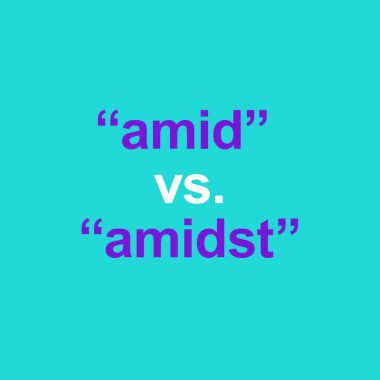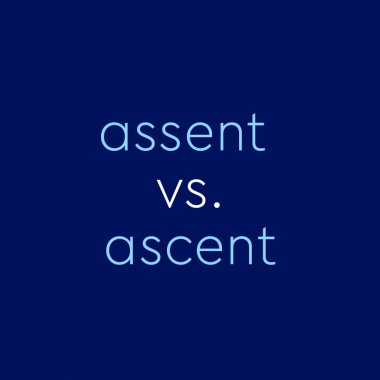Unfurl These Banner Facts And Words About Flag Day
Every year on June 14 in the United States, a holiday comes and goes (perhaps without you even noticing): Flag Day. The gist of the holiday is right there in the name. It’s a commemoration of the adoption of Betsy Ross’s American flag in 1777. It’s also a chance to flex your vexillology trivia facts and knowledge about US history. The first official Flag Day …











